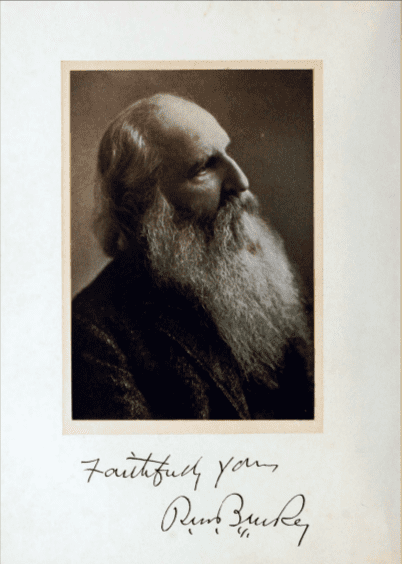
Richard Maurice Bucke and Cosmic Consciousness
Richard Maurice Bucke (1837-1902) was a Canadian psychiatrist, philosopher, and mystic whose groundbreaking work explored the evolution of human consciousness and the nature of mystical experience. His most famous book, Cosmic Consciousness: A Study in the Evolution of the Human Mind, published in 1901, has become a seminal text in the study of transpersonal psychology and spirituality. In it, Bucke argued that humanity is undergoing a profound transformation, evolving from simple self-consciousness to a higher, more universal form of consciousness that he termed “cosmic consciousness.”
Bucke’s own journey towards this realization began in 1872, when he had a profound mystical experience that transformed his life. While walking home one evening, he suddenly felt himself enveloped by a flame-colored cloud and experienced a profound sense of ecstasy, understanding, and assurance. In that moment, he knew that the universe is not dead matter but a living presence, that the soul of man is immortal, and that the reality of the world is love. This experience left him with a deep sense of joy and peace, and a conviction that he had been granted a glimpse of a higher reality.
Inspired by this transformative event, Bucke began to study the lives and writings of other mystics and visionaries throughout history. He found that many of them had described similar experiences of cosmic consciousness, characterized by a sense of unity with the universe, a feeling of profound love and joy, and a deep understanding of the interconnectedness of all things. He became convinced that these experiences were not merely subjective phenomena, but glimpses of an objective reality that lay beyond the normal boundaries of human perception.
In Cosmic Consciousness, Bucke presents a sweeping overview of the evolution of human consciousness, from the simple awareness of animals to the self-reflective consciousness of modern humans. He argues that this evolution is not yet complete, and that a new stage of consciousness is emerging, one that transcends the limitations of the individual ego and connects us with the fundamental unity of the cosmos. This cosmic consciousness, he suggests, is the next step in human evolution, and will ultimately lead to a transformation of human society and a new era of peace, harmony, and spiritual fulfillment.
Bucke supports his thesis with a detailed analysis of the lives and experiences of a wide range of mystics, poets, and visionaries, including Buddha, Jesus, Plotinus, Dante, William Blake, Walt Whitman, and his close friend, the Canadian poet Edward Carpenter. He examines the common threads that run through their experiences, and argues that they represent a genuine and reproducible phenomenon, one that is grounded in the deepest realities of the human psyche.
One of the key insights of Bucke’s work is the idea that cosmic consciousness is not a rare or exceptional state, but a latent potential within all human beings. He suggests that it is the natural outcome of the evolutionary process, and that it will eventually become the norm for human experience. This idea has profound implications for our understanding of human nature and the future of human society. If Bucke is correct, then we are on the cusp of a new era of human development, one in which the boundaries of the self will dissolve and we will come to experience ourselves as part of a greater whole.
Bucke’s vision of cosmic consciousness also has important implications for the study of religion and spirituality. He argues that the world’s great spiritual traditions are all expressions of the same fundamental reality, and that they point towards a common goal of human transformation and enlightenment. By studying these traditions in the light of cosmic consciousness, he suggests, we can gain a deeper understanding of their true nature and purpose, and find new ways of integrating their insights into our own lives.
This perspective aligns with that of Aldous Huxley, whose book The Perennial Philosophy explored the common core of mystical experience across different spiritual traditions. Huxley was familiar with Bucke’s work and saw it as an important precursor to his own.
At the same time, Bucke’s work challenges many of the assumptions of traditional Western psychology and philosophy. He rejects the idea of the self as a separate, isolated entity, and instead embraces a vision of the self as a permeable and interconnected part of a greater whole. He also challenges the notion of the mind as a purely rational and logical faculty, arguing that it is also capable of intuitive and mystical insight.
These ideas resonate with the work of William James, the pioneering American psychologist and philosopher who was deeply interested in mystical experience and the psychology of religion. James corresponded with Bucke and was influenced by his ideas on cosmic consciousness.
Bucke’s ideas have had a profound influence on the development of transpersonal psychology and the study of consciousness. His work has inspired generations of researchers and practitioners, who have sought to explore the farther reaches of human experience and potential.
One notable figure influenced by Bucke is Abraham Maslow, the American psychologist and founder of humanistic psychology, who developed the concept of “peak experiences” – moments of profound insight, connection, and self-transcendence that resemble Bucke’s descriptions of cosmic consciousness. Maslow cited Bucke as an influence on his thinking.
Stanislav Grof, the Czech psychiatrist and one of the founders of transpersonal psychology, has also built upon Bucke’s concept of cosmic consciousness in his work on non-ordinary states of consciousness, including those induced by psychedelics. Grof has written extensively about Bucke’s ideas and their relevance for contemporary psychology and spirituality.
Ken Wilber‘s integral theory and model of the evolution of consciousness also draws heavily on Bucke’s work. Wilber sees cosmic consciousness as a key stage in the unfolding of human potential and the evolution of culture and society.
The field of psychedelic research, which has experienced a resurgence of interest in recent years as documented in books like How to Change Your Mind by Michael Pollan and Sacred Knowledge by William A. Richards, also owes much to Bucke’s early explorations of mystical experience and altered states of consciousness.
Some contemporary models of psychotherapy that integrate Bucke’s insights include:
- Psychosynthesis, developed by Roberto Assagioli, which sees the goal of therapy as the integration of the personality around a higher self or transpersonal center. Assagioli was directly influenced by Bucke’s concept of cosmic consciousness.
- Holotropic Breathwork, developed by Stanislav and Christina Grof, which uses accelerated breathing and evocative music to induce non-ordinary states of consciousness for therapeutic and spiritual growth, informed by Bucke’s understanding of mystical experience.
- Integral Psychology, based on the work of Ken Wilber, which sees human development as culminating in the realization of cosmic consciousness or nondual awareness. Integral therapists draw on a wide range of techniques to facilitate this unfolding.
- Psychedelic-assisted psychotherapy, which is currently undergoing a renaissance in clinical research, uses substances to catalyze mystical experiences and accelerate psychological healing and growth, with deep roots in Bucke’s pioneering exploration of cosmic consciousness.
Today, Bucke’s vision of cosmic consciousness continues to resonate with seekers and visionaries around the world, who see in it a powerful expression of the human longing for meaning, purpose, and spiritual fulfillment. His groundbreaking work opened up new vistas of human possibility and helped pave the way for the continuing evolution of psychology, philosophy, and spirituality in the modern age. By pointing to the farther reaches of human consciousness, Bucke invites us to embark on a journey of self-discovery and transformation, to realize our full potential as interconnected beings in an ensouled and meaning-filled cosmos.
Bibliography
Assagioli, R. (1975). Psychosynthesis: A Manual of Principles and Techniques. Crucible. https://www.amazon.com/Psychosynthesis-Manual-Principles-Techniques/dp/0670002755
Bucke, R. M. (2010). Cosmic Consciousness: A Study in the Evolution of the Human Mind. Dover Publications. https://www.amazon.com/Cosmic-Consciousness-Study-Evolution-Human/dp/0486471904
Grof, S. (2009). LSD: Doorway to the Numinous: The Groundbreaking Psychedelic Research into Realms of the Human Unconscious. Park Street Press. https://www.amazon.com/LSD-Numinous-Groundbreaking-Psychedelic-Unconscious/dp/1594772827
Grof, S., & Grof, C. (2010). Holotropic Breathwork: A New Approach to Self-Exploration and Therapy. SUNY Press. https://www.amazon.com/Holotropic-Breathwork-Approach-Self-Exploration-Therapy/dp/1438433948
Huxley, A. (2009). The Perennial Philosophy: An Interpretation of the Great Mystics, East and West. Harper Perennial Modern Classics. https://www.amazon.com/Perennial-Philosophy-Interpretation-Great-Mystics/dp/0061724947
James, W. (1985). The Varieties of Religious Experience. Penguin Classics. https://www.amazon.com/Varieties-Religious-Experience-Penguin-Classics/dp/0140390340
Maslow, A. H. (1993). The Farther Reaches of Human Nature. Arkana. https://www.amazon.com/Farther-Reaches-Human-Nature-Arkana/dp/0140194703
Pollan, M. (2019). How to Change Your Mind: What the New Science of Psychedelics Teaches Us About Consciousness, Dying, Addiction, Depression, and Transcendence. Penguin Books. https://www.amazon.com/Change-Your-Mind-Consciousness-Transcendence/dp/0735224153
Richards, W. A. (2015). Sacred Knowledge: Psychedelics and Religious Experiences. Columbia University Press. https://www.amazon.com/Sacred-Knowledge-Psychedelics-Religious-Experiences/dp/0231174063
Wilber, K. (2000). Integral Psychology: Consciousness, Spirit, Psychology, Therapy. Shambhala. https://www.amazon.com/Integral-Psychology-Consciousness-Spirit-Therapy/dp/1570625549


















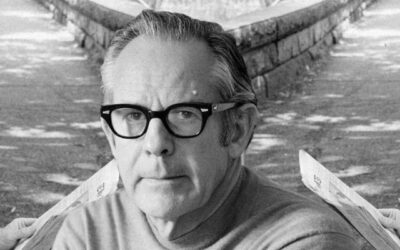
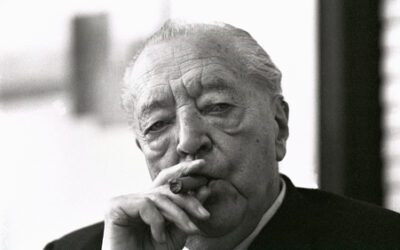
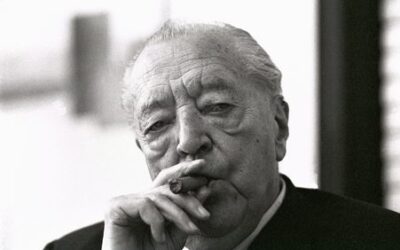
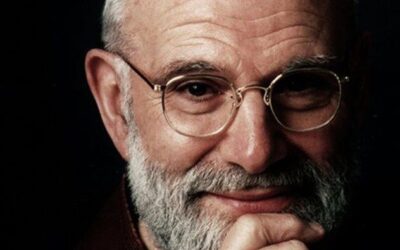


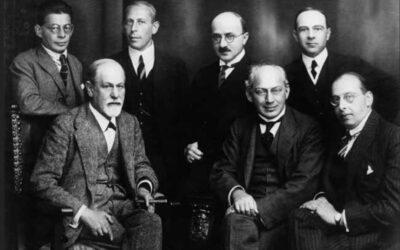
0 Comments